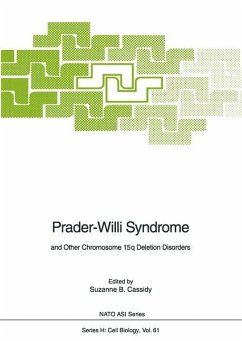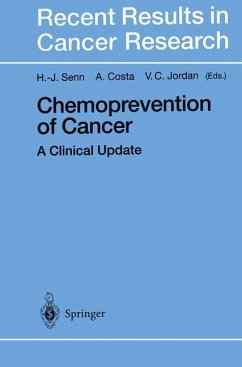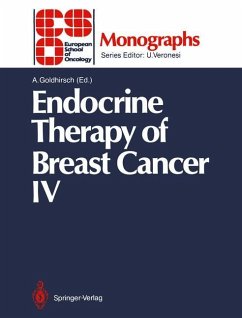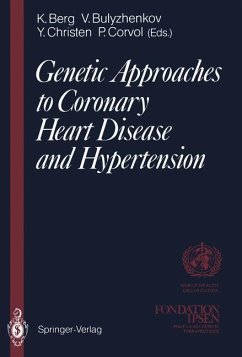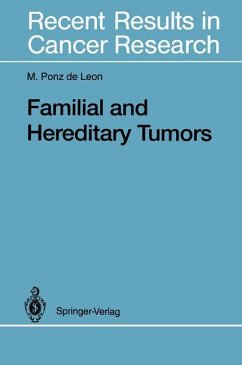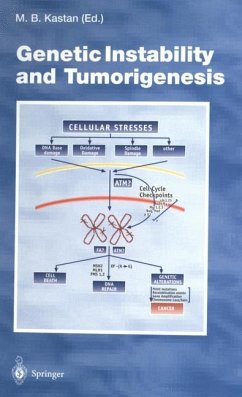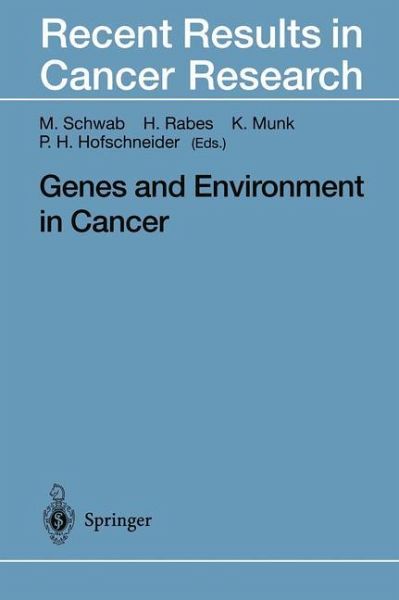
Genes and Environment in Cancer

PAYBACK Punkte
38 °P sammeln!
Different cancer types can result from a multiplicity of genetic and environmental factors. In recent years a number of genes have been identified as strong determinants for particular forms of cancer (particularly colon and breast cancer). The incomplete penetrance often evinced by the mutations of these genes has raised the possibility that additional endogenous or exogenous determinants contribute to cancer development or suppression. The major aim of this book is to present an integrated view of the various environmental, epidemiological and genetic determinants that contribute to a diseas...
Different cancer types can result from a multiplicity of genetic and environmental factors. In recent years a number of genes have been identified as strong determinants for particular forms of cancer (particularly colon and breast cancer). The incomplete penetrance often evinced by the mutations of these genes has raised the possibility that additional endogenous or exogenous determinants contribute to cancer development or suppression. The major aim of this book is to present an integrated view of the various environmental, epidemiological and genetic determinants that contribute to a disease syndrome collectively known as "cancer". Different cancer types can result from a multiplicity of environmental and genetic factors. Molecular epidemiology has focused recently on elucidating relationships between particular genetic alterations and the type of environmental exposure. Several genes have been identified as strong determinants for a number of cancer types. The incomplete penetrance often evidenced by mutations of these genes has raised the possibility that additional endogenous or exogenous determinants are involved in cancer development or suppression. The major aim of this book is to present an integrated view of environmental, epidemiological, and genetic determinants that contribute to cancer susceptibility and progression.



